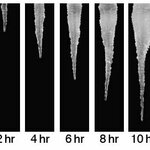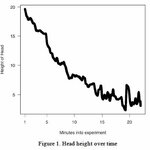
The word ‘Nerd’ is thought to have originated in the US in the early 1950s – but it took three full decades before a comprehensive academic paper describing ‘Nerdism’ appeared. As the authors of the study explained at the time :
“It is not clear why a social transformation of such depth and proportions has so long escaped the scrutiny of social scientists; perhaps they are too close to the issue.”
Whatever the reason, ‘The Nerd Report’ remains to this day one of the most extensive and far-reaching nerdological investigations ever undertaken. The work was performed at the Homa Lab of Arizona…







